Managing taxes as an Amazon seller can be complex. If you sell products on Amazon, you must understand tax rules to stay compliant and avoid penalties. This guide will help you manage your Amazon business taxes efficiently.
Do I Need an Accountant for My Amazon Business Taxes?

Hiring an accountant is a smart choice for Amazon sellers. Tax laws change frequently. A professional accountant can ensure you follow the latest regulations and claim all possible deductions.
An accountant helps you track your income and expenses. This reduces the risk of errors. Mistakes in tax filing can lead to fines or audits. With an accountant, you avoid these issues.
Tax planning is another benefit. A good accountant will help you find ways to lower your tax bill. They understand tax-saving strategies. These include deductions, credits, and structuring your business for tax benefits.
What Tax Forms Do Amazon Sellers Need?
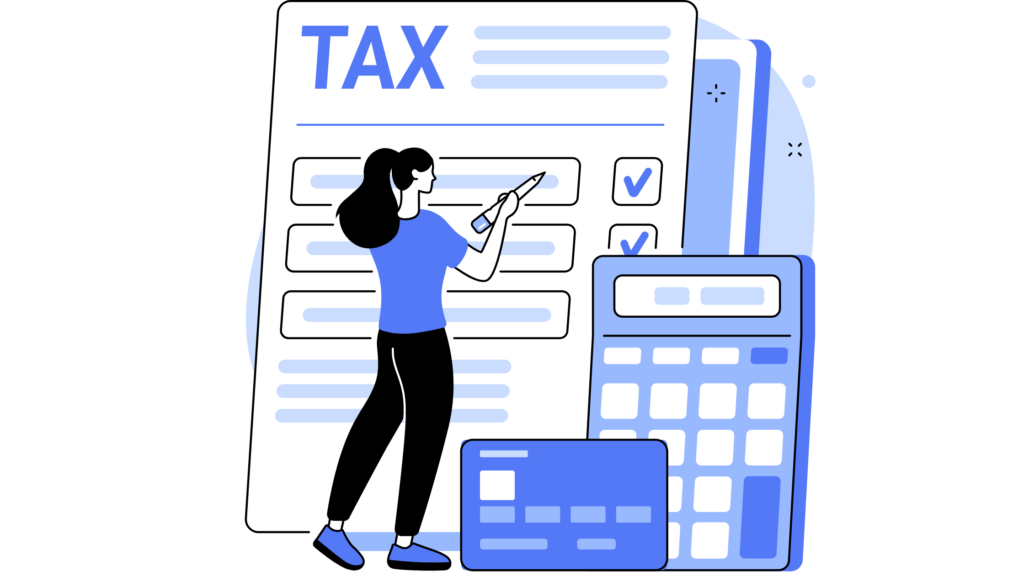
Amazon sellers must file different tax forms based on their business structure. Sole proprietors and LLCs file a Schedule C with their personal tax returns, while corporations must file separate business tax returns.
If you sell in the U.S., you might receive a 1099-K form from Amazon. This form reports your total sales. Amazon sends it if you have over 200 transactions and $20,000 in sales.
Amazon provides VAT invoices and reports for VAT-registered sellers in the UK and Europe. You must file VAT returns regularly. If you sell in multiple countries, VAT compliance becomes more complex.
How Do I Track My Amazon Business Income and Expenses?
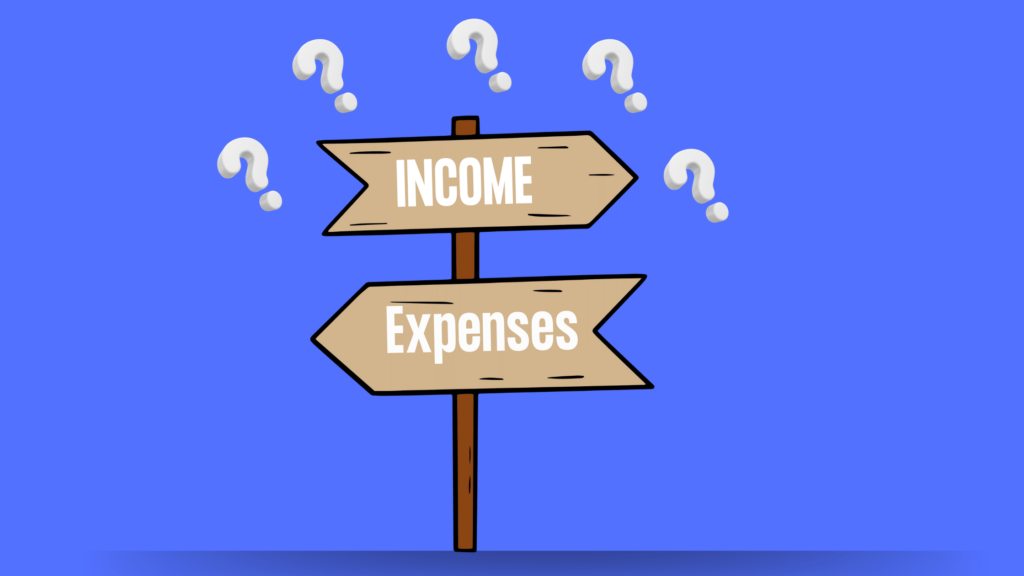
Keeping accurate financial records is crucial. You need to track your revenue and expenses to file taxes correctly. Use accounting software like QuickBooks, Xero, or Wave to simplify this process.
Log every sale, fee, and refund. Amazon provides sales reports in Seller Central. Download these reports regularly. They help you understand your earnings.
Track your business expenses. These include inventory costs, Amazon fees, advertising costs, and shipping expenses. Keeping detailed records ensures you claim the right deductions.
What is Sales Tax and When Do I Need to Pay It?
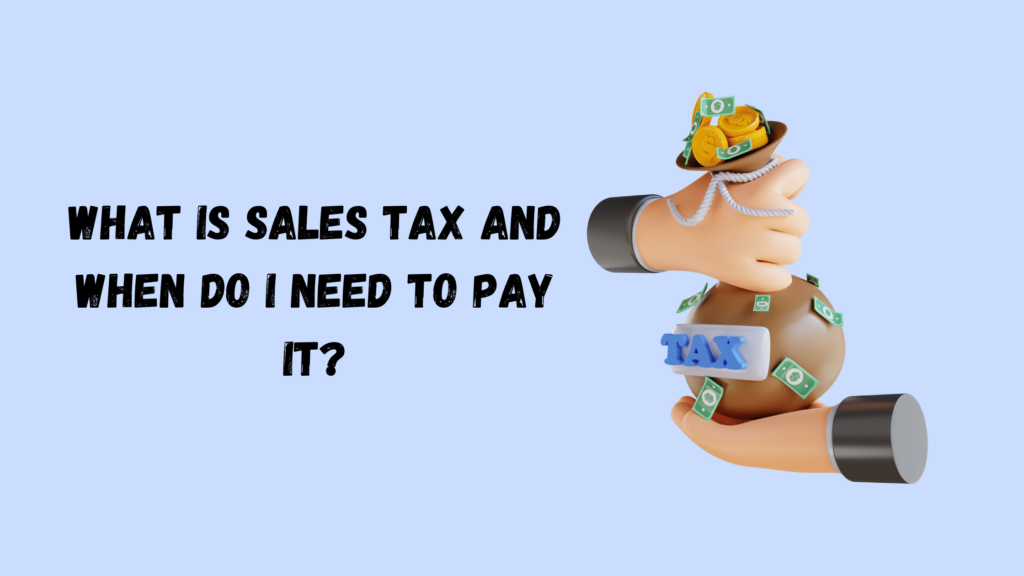
Sales tax applies to goods sold in certain regions. In the U.S., sales tax laws vary by state. Some states require Amazon to collect and remit sales tax on your behalf. Others require sellers to handle it themselves.
To collect sales tax, you must register for a sales tax permit in each state where you have a sales tax obligation. Amazon’s Marketplace Tax Collection program helps automate sales tax collection.
In the UK and EU, you must collect VAT on sales. VAT rates vary by country. If you store inventory in different countries, you might need multiple VAT registrations.
What is Sales Tax Nexus and How Does It Affect My Amazon Business?
Sales tax nexus refers to your business’s connection to a state. If you have nexus in a state, you must collect sales tax from buyers in that state. Nexus can be created by:
- Storing inventory in a state
- Having an office or warehouse in a state
- Meeting sales thresholds in a state
Amazon FBA sellers often have nexus in multiple states. Check your inventory locations in Seller Central to determine your tax obligations.
How Do I File Sales Tax Returns for My Amazon Business?

Filing sales tax returns depends on your location. In the U.S., you must report and remit sales tax to each state where you have a nexus. Some states require monthly filings, while others require quarterly or annual reports.
In the UK and EU, you must file VAT returns with tax authorities. Amazon provides VAT calculation services to simplify this process. Use these reports to complete your tax filings accurately.
If you do not file sales tax returns on time, you may face penalties. Keep track of due dates and ensure timely payments.
What Business Expenses Are Tax-Deductible for Amazon Sellers?
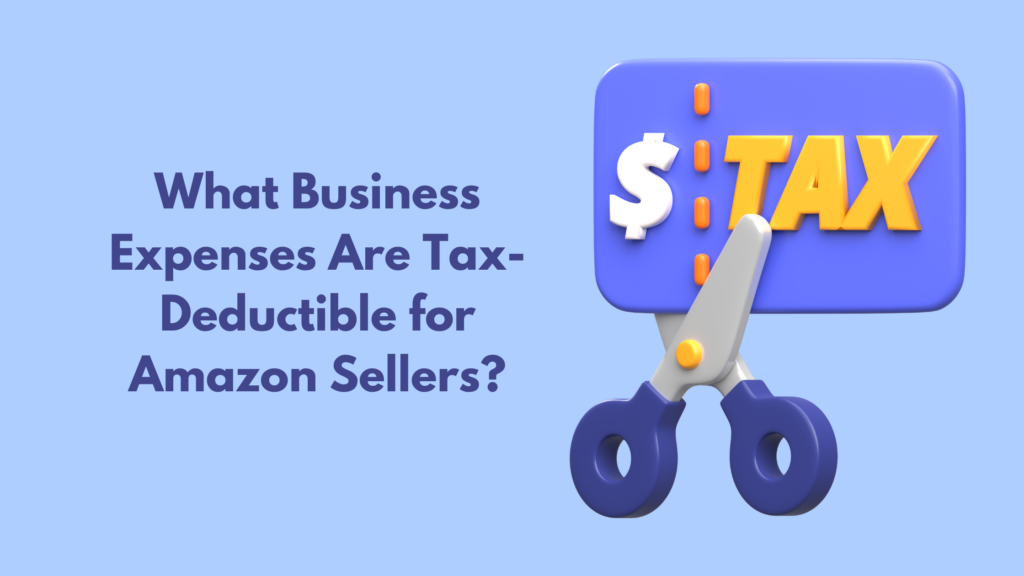
Many Amazon business expenses qualify as tax deductions. These deductions lower your taxable income and reduce your tax bill. Common deductions include:
- Cost of Goods Sold (COGS): Includes manufacturing, wholesale purchases, and packaging costs.
- Shipping and Storage Fees: Covers Amazon FBA fees, warehouse costs, and fulfilment charges.
- Advertising Costs: Includes Amazon PPC campaigns, social media ads, and influencer marketing.
- Software and Tools: Covers accounting software, product research tools, and listing optimisation services.
- Home Office Expenses: If you work from home, you can deduct a portion of rent, utilities, and internet costs.
Proper record-keeping is essential. Keep all receipts and invoices to support your deductions in case of an audit.
How Can I Reduce My Amazon Business Taxes Legally?
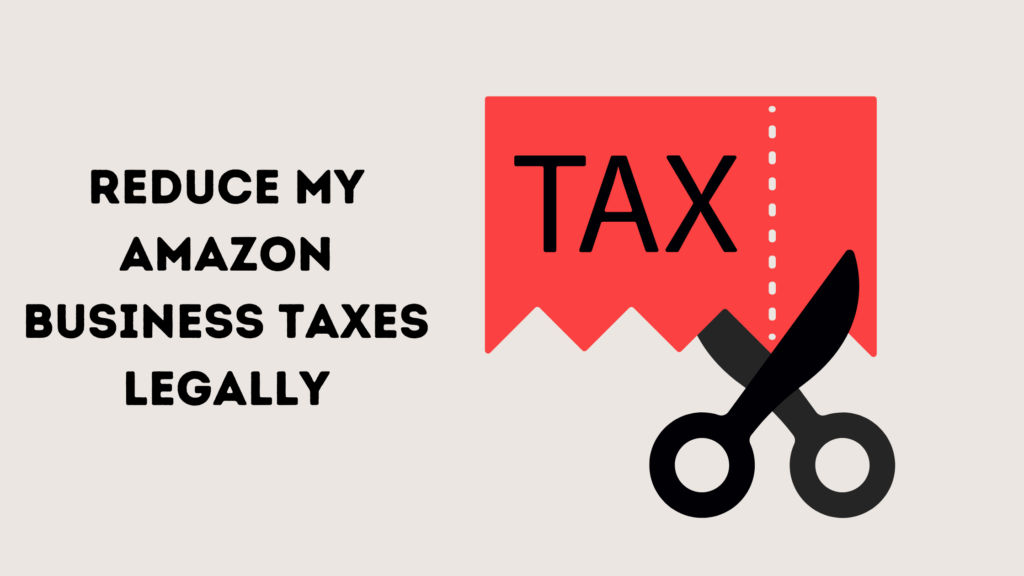
Tax planning helps you reduce your tax burden. Use these strategies to minimise your taxes:
- Claim All Deductions: Ensure you take advantage of every tax-deductible expense.
- Structure Your Business Wisely: Consider forming an LLC or corporation for tax benefits.
- Use Retirement Accounts: Contributions to retirement accounts can lower your taxable income.
- Keep Accurate Records: Detailed records prevent mistakes and make audits easier to handle.
An accountant can help you implement these strategies effectively.
How Do I Handle International Taxes for My Amazon Business?
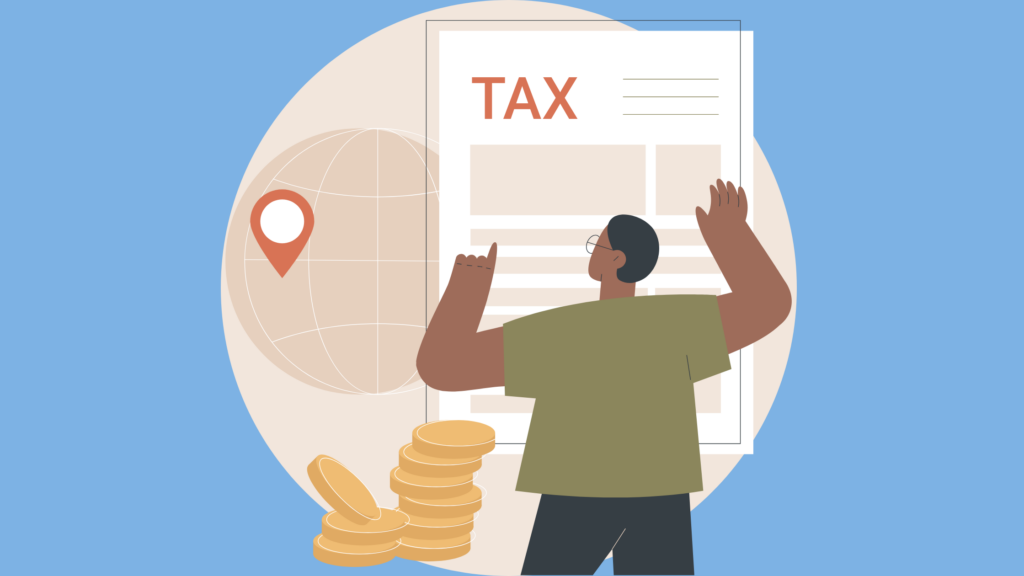
If you sell in multiple countries, you must comply with international tax laws. This includes VAT, GST, and customs duties.
- UK and EU Sellers: Register for VAT and submit returns regularly.
- Canadian Sellers: Register for GST/HST and remit taxes to the CRA.
- Australian Sellers: Register for GST if annual sales exceed AUD 75,000.
Amazon provides VAT and tax reporting services to simplify international compliance. Consult a tax professional to ensure you meet all requirements.
What Happens If I Don’t Pay Taxes on My Amazon Business?
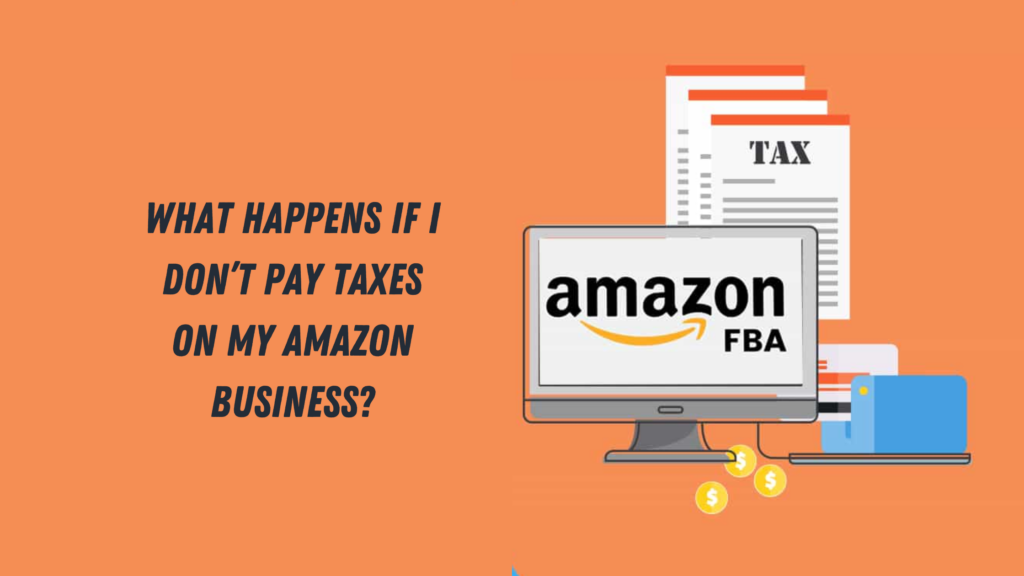
Failing to pay taxes can result in serious consequences. The government may impose fines, interest charges, and legal penalties.
If you do not file tax returns, tax authorities may audit your business. This process is stressful and time-consuming. Keeping accurate records and filing taxes on time helps avoid audits.
Unpaid sales tax can lead to business suspension. Some states revoke sales tax permits for non-compliance. Amazon may also suspend your account if you fail to provide tax information.
Conclusion
Managing taxes for your Amazon business requires careful planning. You must track income, expenses, and sales tax obligations. Hiring an accountant and using accounting software makes tax management easier. Stay compliant to avoid penalties and keep your business running smoothly. For expert Amazon business support, visit Amazon Consultant.

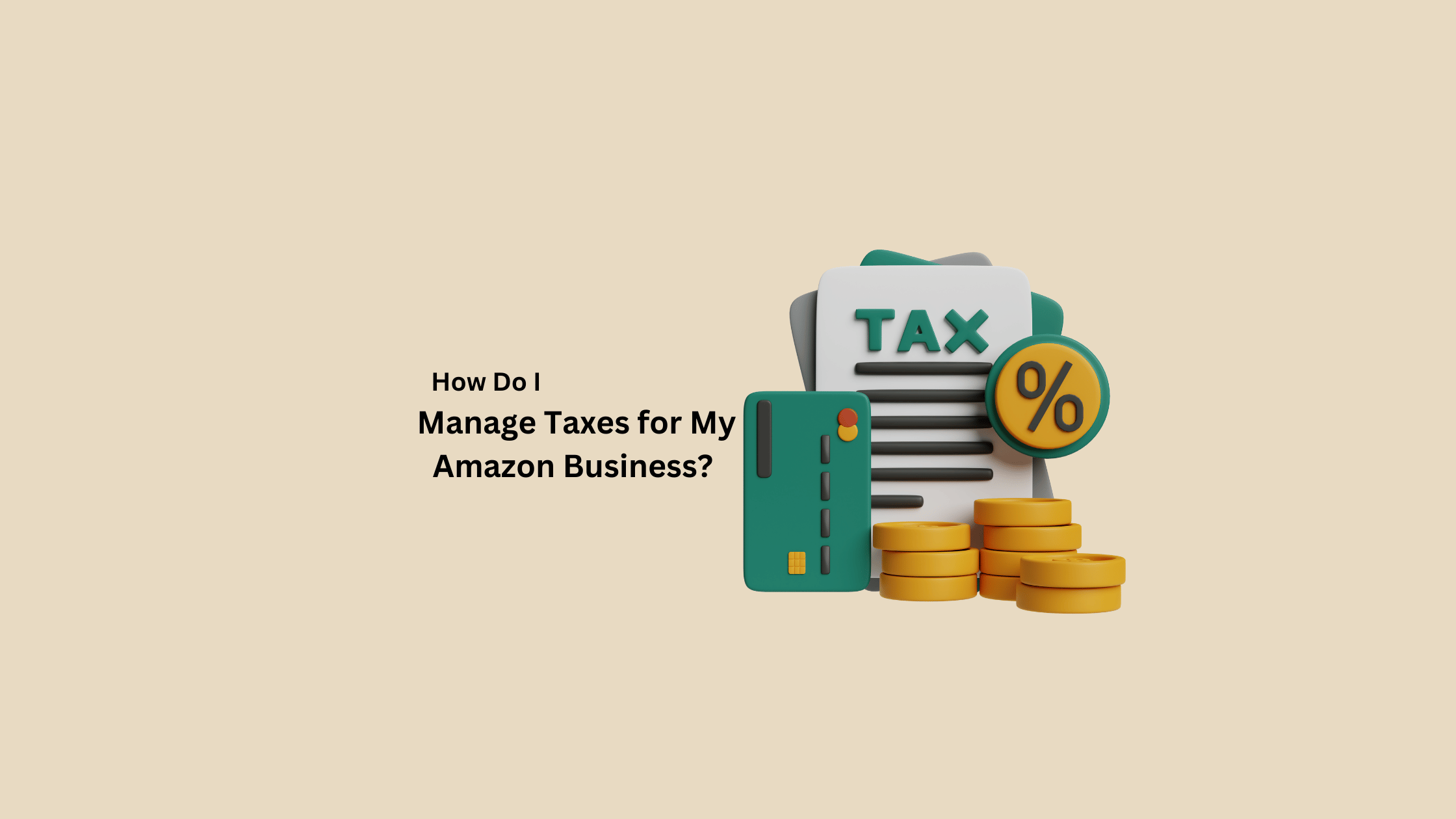
Leave a Reply